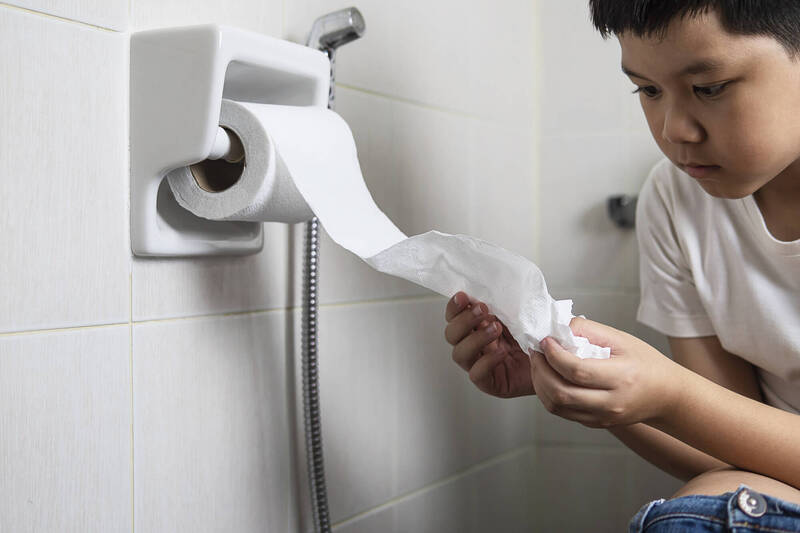According to the Food and Drug Administration, acute diarrhea is more likely to occur in children and infants, but dilute watery stools do not necessarily mean diarrhea, and it only counts when it is accompanied by an increase in frequency and a change in smell or color.
schematic diagram.
(picture taken from freepik)
[Health Channel/Comprehensive Report] Diarrhea in children is one of the common pediatric gastrointestinal diseases. Especially when the seasons change, the temperature is unstable, the temperature difference is large, and it is rainy and humid, which can easily cause food to deteriorate and ferment or bacteria and viruses to breed.
The Food and Drug Administration reminds caregivers that acute diarrhea often occurs in children and infants, but watery stools do not necessarily mean diarrhea. It needs to be accompanied by an increase in frequency, changes in smell or color, and it is necessary to understand the cause of diarrhea and pay attention to diet Seek medical treatment in good time, develop good dietary hygiene habits, and avoid diarrhea.
Know what causes diarrhea
The most common cause of acute diarrhea is that the gastrointestinal tract is infected by bacteria or viruses (such as rotavirus, norovirus, salmonella, amoeba), which causes intestinal inflammation, and stale food, milk or diet Allergies, and treatment with antibiotic medicines can also cause diarrhea.
Please read on...
Diarrhea diet seek medical treatment in time
"Pay attention to your diet when you have diarrhea, and seek medical treatment in a timely manner!" The primary treatment for acute diarrhea is to immediately replenish fluids and prevent electrolyte imbalance to avoid dehydration.
A light diet must be given priority to, avoid high-fat foods and sugary drinks, fruit juices, teas and other foods that irritate the stomach and cause diarrhea or aggravate vomiting.
Commercially available sports drinks generally cannot be used as a substitute for "oral electrolyte solution" due to their high sugar content and low electrolyte content.
If symptoms such as bloodshot stool, severe dehydration, persistent abdominal pain, and fever do not improve, seek medical attention, and do not take antidiarrheal agents without doctor's instructions.
If you need to take medicine, please follow the doctor's instructions. After taking it for a few days, if the symptoms do not improve or worsen, you should seek medical treatment as soon as possible.
good food hygiene habits
To prevent bacterial or viral gastroenteritis, pay attention to food hygiene. Parents should wash their hands frequently before handling food. Food should be fully heated and cooked before consumption, and raw food and drink should be avoided.
If there are children with norovirus and rotavirus gastroenteritis at home, parents should pay special attention to environmental disinfection. If they come into contact with children's vomit or germ residues, they should be handled carefully. Properly diluted bleach can be used for cleaning and disinfection Contaminated environment, avoid cross infection.
The Food and Drug Administration reminds that for non-enveloped viruses such as norovirus and rotavirus, alcohol hand washing is not effective, and wet hand washing with soap should be strengthened to achieve the preventive effect.
Reprinted from Food and Drug Administration Weekly Report No. 918
☆Health news will never be missed, click like to follow the fan page.
☆For more important medical news, please go to Liberty Health.com.
keywords
child
diarrhea
Bacterial growth
Health Net - Liver Gallbladder Stomach
Food spoilage
related news
